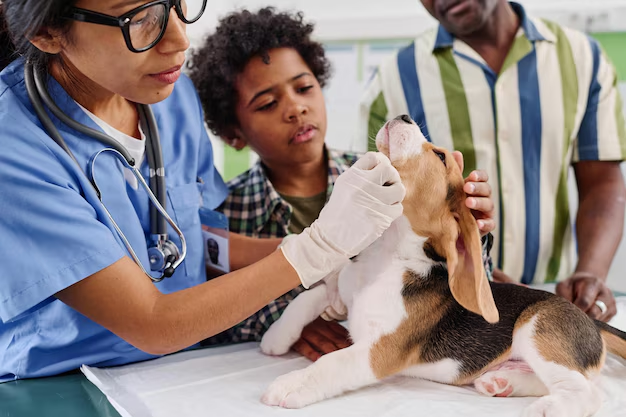How Hard Is It To Become A Veterinarian: Essential Education and Certifications
Embarking on the path to becoming a veterinarian is both a challenging and rewarding journey, requiring years of dedication and rigorous education. At the core, aspiring veterinarians must obtain a Doctor of Veterinary Medicine (DVM or VMD) degree from an accredited veterinary college, which typically follows a bachelor's degree in a relevant field such as biology, animal science, or zoology. During this period, students dive deep into animal physiology, pharmacology, and surgical techniques, preparing them for the diverse scenarios they will encounter in their careers. Beyond the foundational degree, passing the North American Veterinary Licensing Examination (NAVLE) is essential to practice professionally. Many states in the U.S. may have additional requirements, including jurisprudence exams or specific state licenses. Yet, the learning doesn't stop there. Pursuing specialization through board certifications in areas like surgery, internal medicine, or exotic animal care can further enhance one's expertise and career prospects.
Here's a structured overview of the necessary educational path and certifications to become a veterinarian:
- 📘 Bachelor's Degree: Preferably in Biology, Animal Science, or a related field.
- 🎓 DVM/VMD Degree: Earn your Doctor of Veterinary Medicine from an accredited program.
- 📜 NAVLE: Pass the North American Veterinary Licensing Examination.
- 🏢 State Licenses: Acquire state-specific licenses and pass additional requirements if applicable.
- 🥼 Specialization Certifications (optional): Pursue board certification in specialized fields such as oncology, surgery, or animal behavior.
